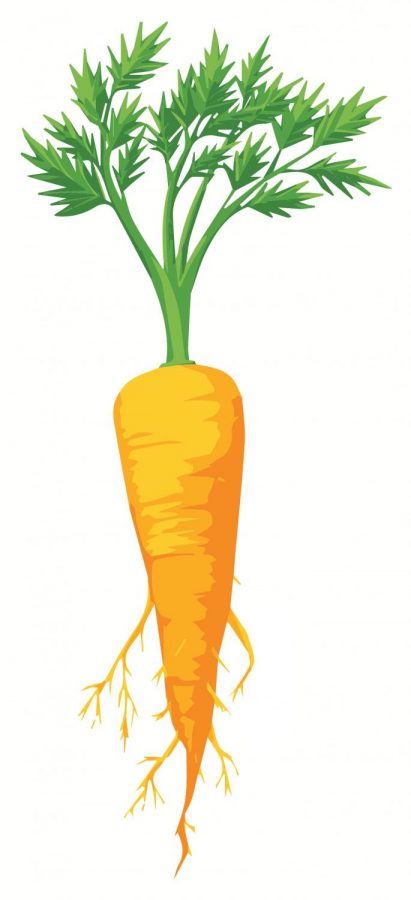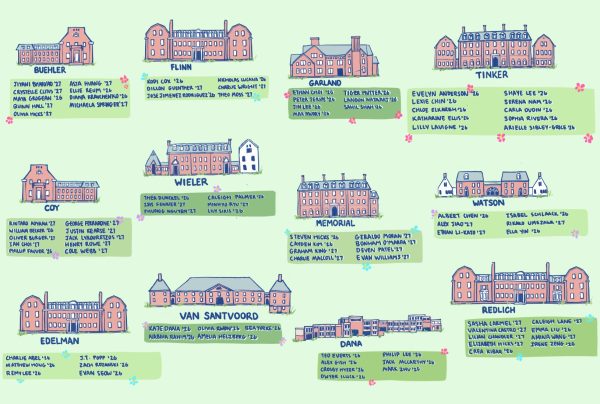Roots of FFEAT
Did you know that at least 8% of the food we eat in the dining hall comes from our own farm down the road? Fairfield Farm, which functions with the help of Fairfield Farm Ecosystem and Adventure Team (FFEAT), is partly responsible for feeding the school community, in addition to donating produce to local food banks.
The school purchased most of the land for the farm, including the plot where the barn now stands, in 2004, and the pastures below the Grange were donated to the school by Jack Blum ’47. In the Spring of 2007, Mr. Charlie Noyes ’78, instructor in visual art, brought students from the Climbing Club to work on the farm. At first, they were all reluctant, asking when they could return to campus and continue climbing on the rock walls; before long, however, they were thoroughly enjoying themselves.
This experience resonated with Mr. Noyes, who has long been an advocate for farming and believed that all students should have this opportunity, so he pitched the idea of FFEAT to Mr. Malcom Mackenzie, former head of school. Mr. Mackenzie approved the idea and, by the fall of 2008, a group of students began working on the farm for an hour and a half each afternoon.
Originally, few students participated in this program, but over the years it has grown in numbers. In fact, it has even been overenrolled in the past few years, and leaders have had to make cuts. Participating in FFEAT has been on many Seniors’ bucket lists, an exciting change from when the program originated.
When the farm started producing bountiful harvests, the dining hall began to serve it. Doing so helps reduce costs and educates the community about sustainable farming. Mr. Josh Hahn, director of strategic initiatives, said, “Eating food that was connected to this land would help develop a sense of place for people here.”
In future years, the FFEAT team will work to increase production at the farm. Ellie Youngblood ’10, farm manager, said, “We will continue striving to produce high quality food that nurtures our community and use farming practices that will ensure the ecological health of this farmland for generations to come.”





